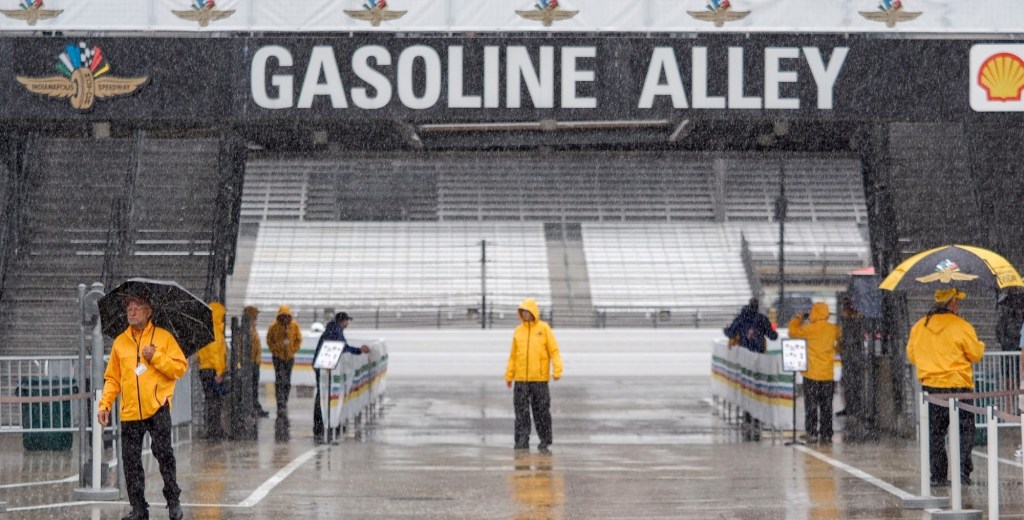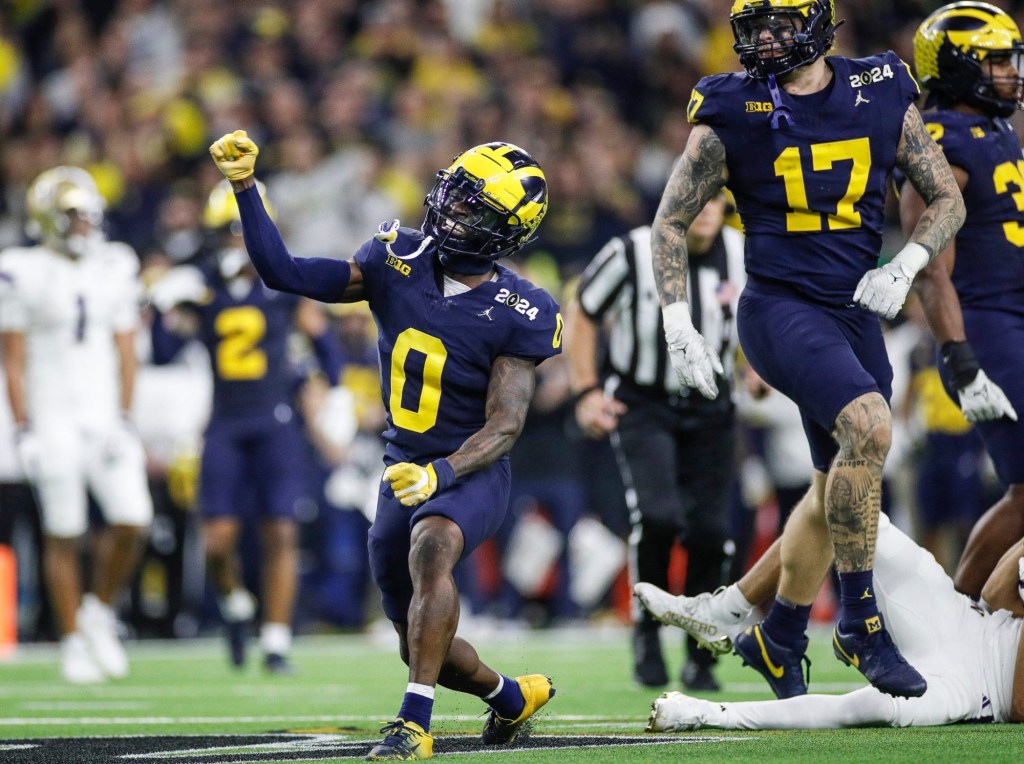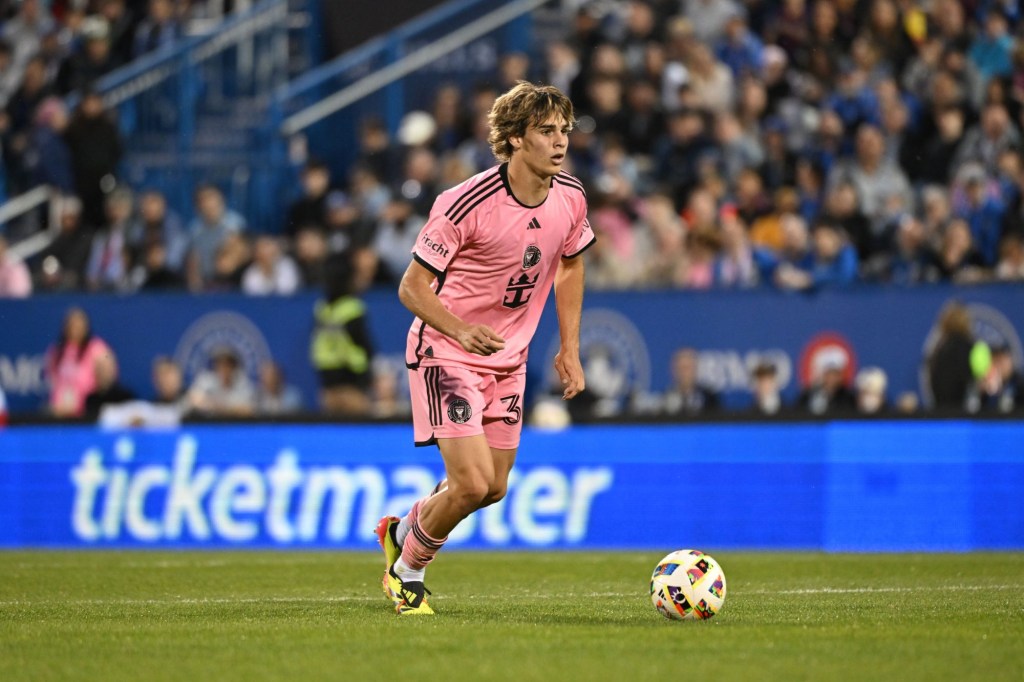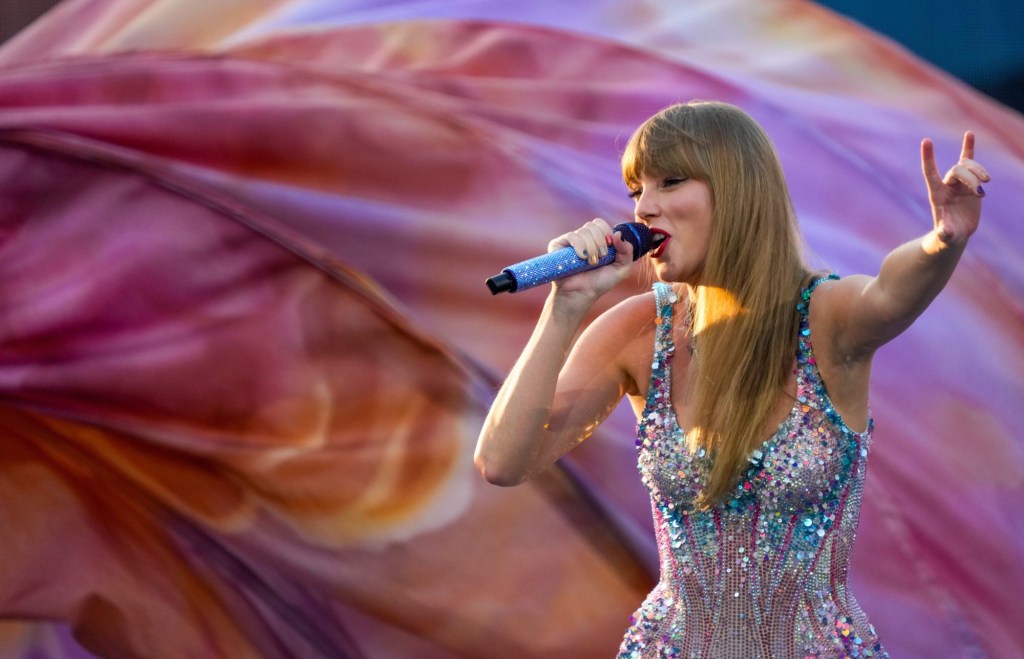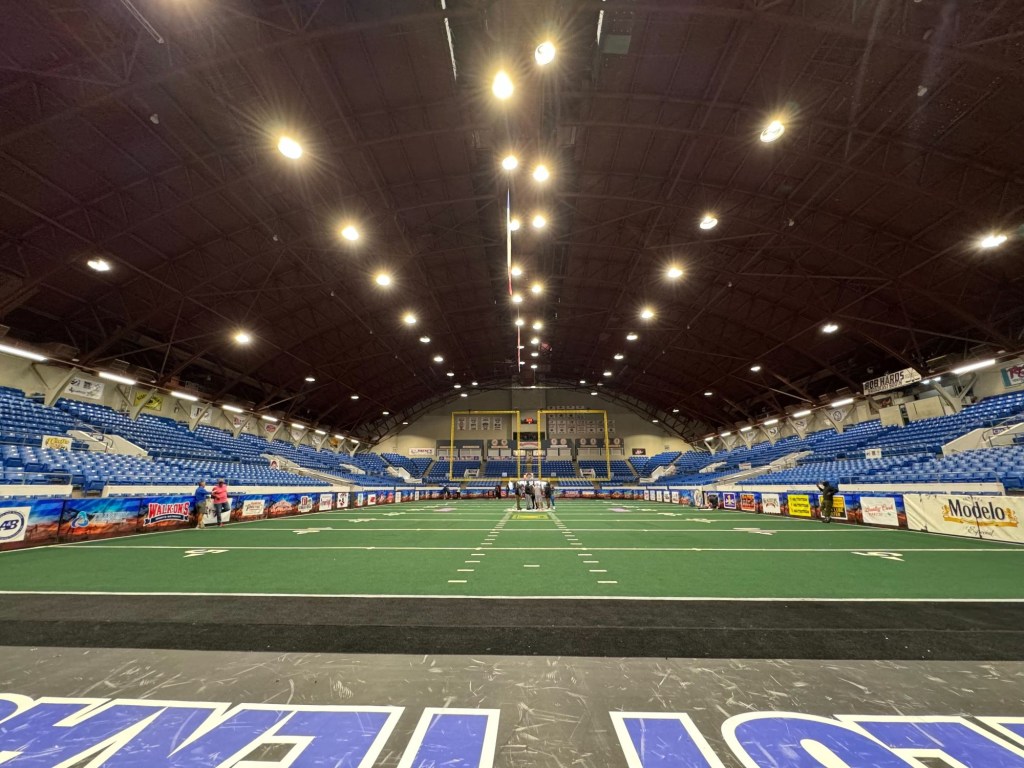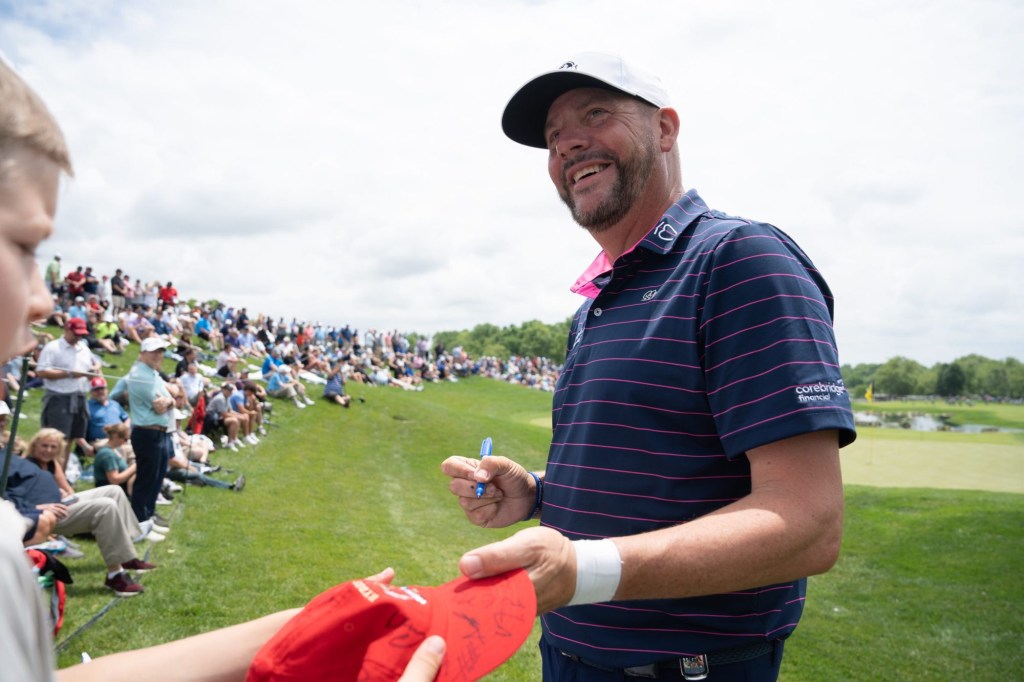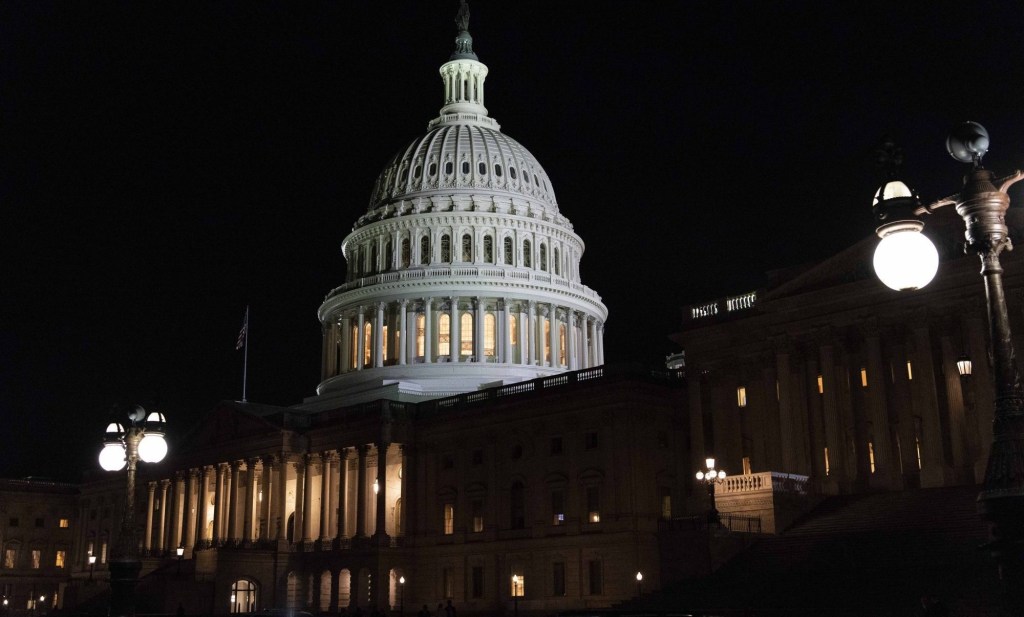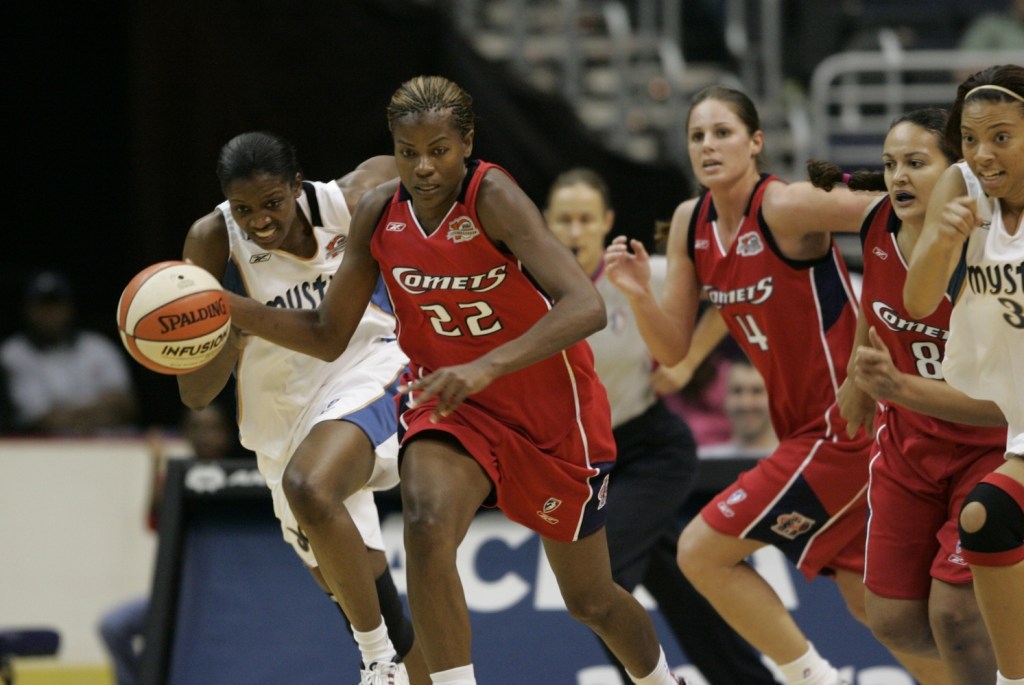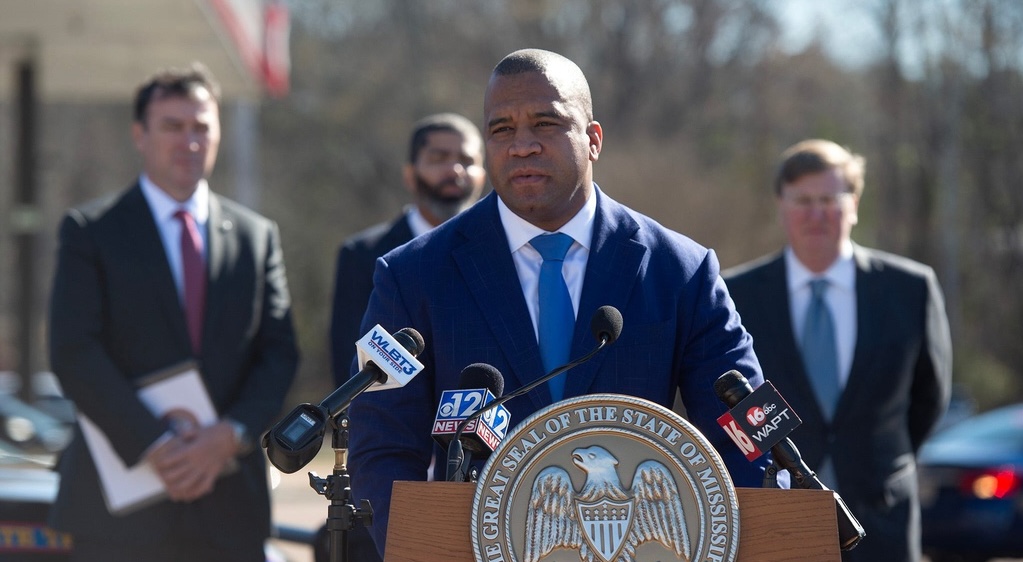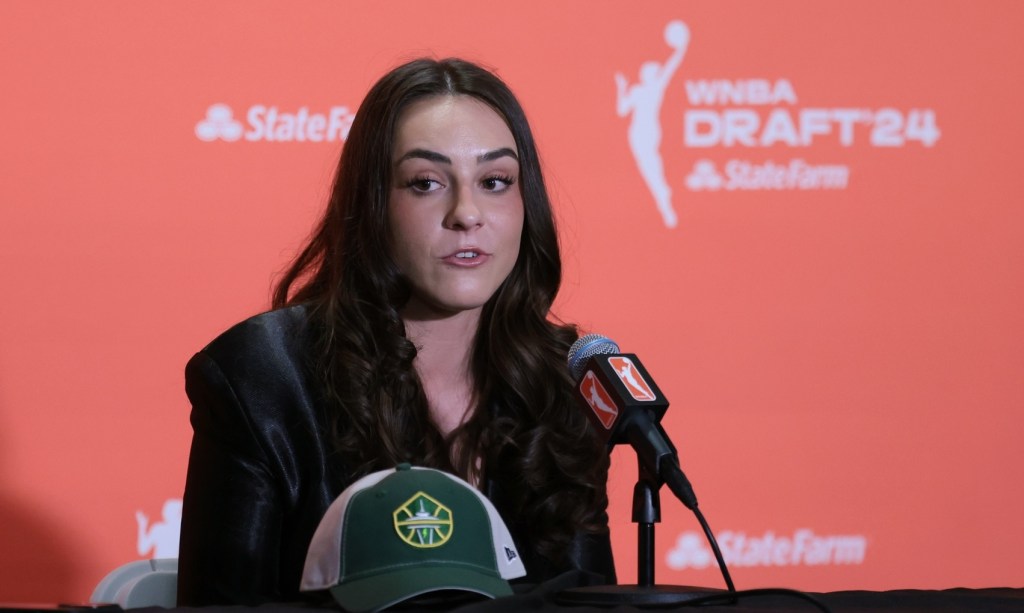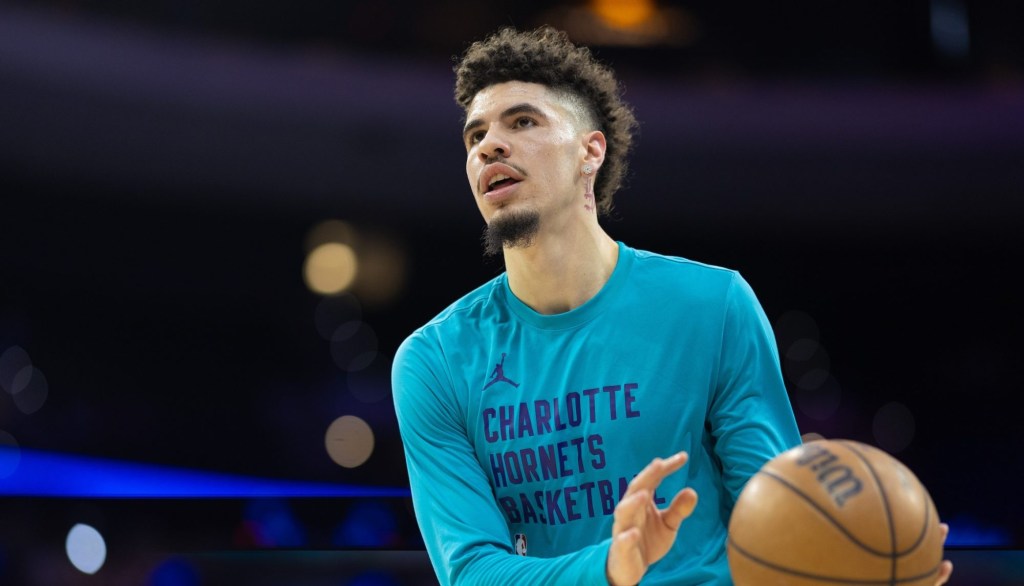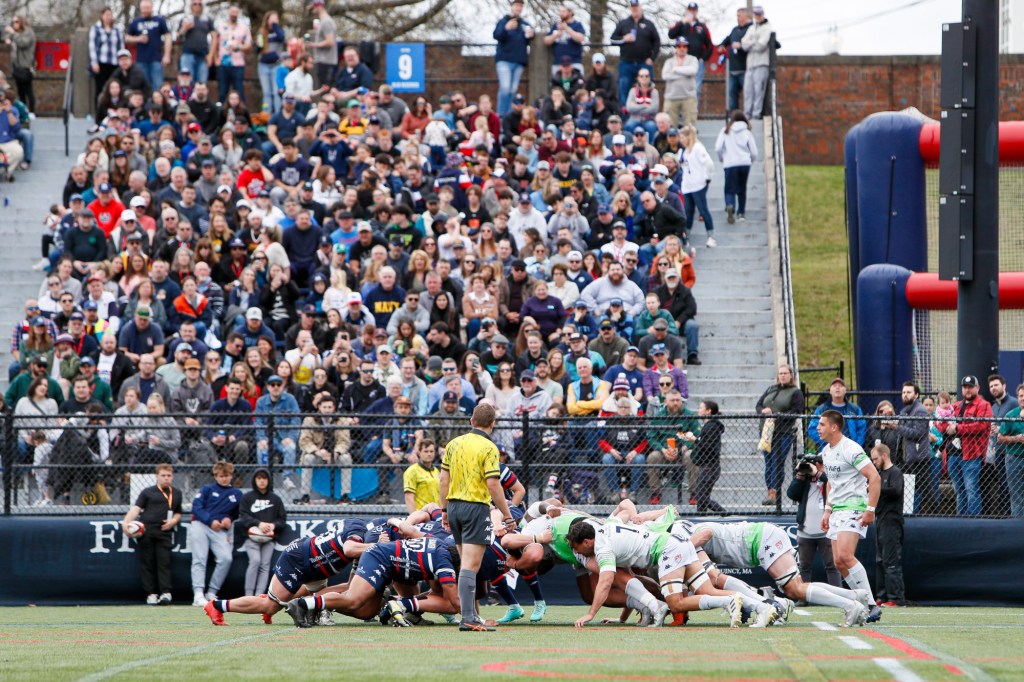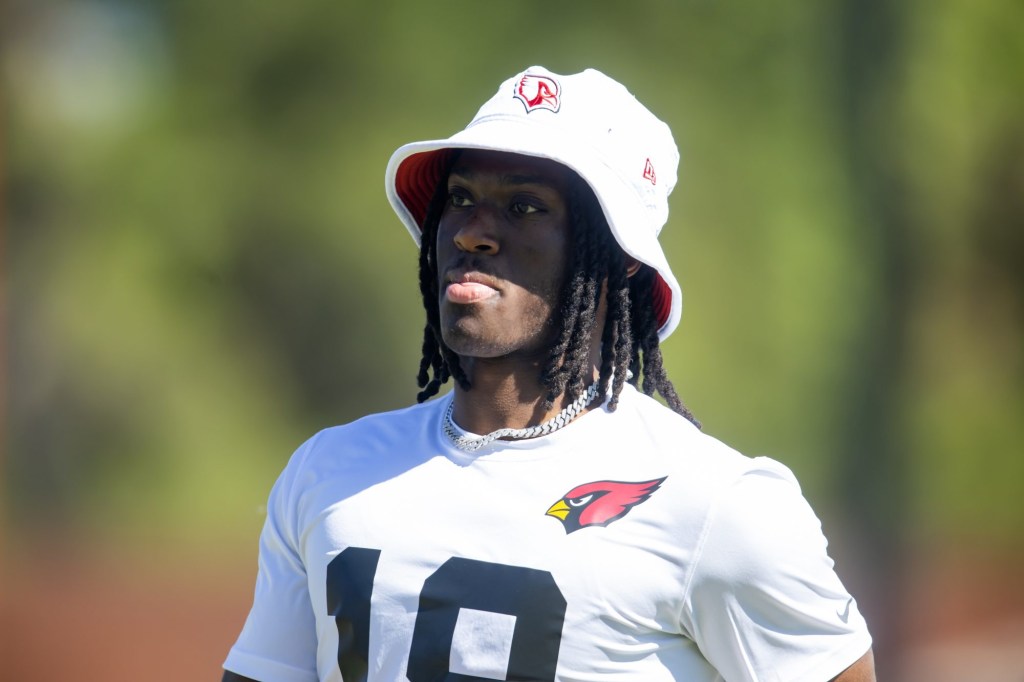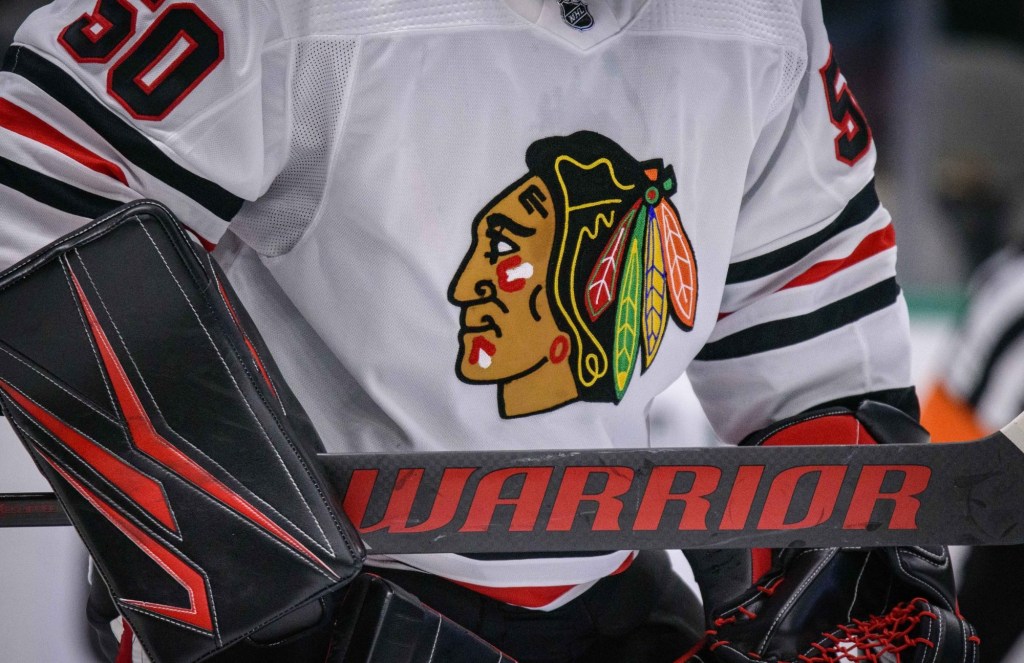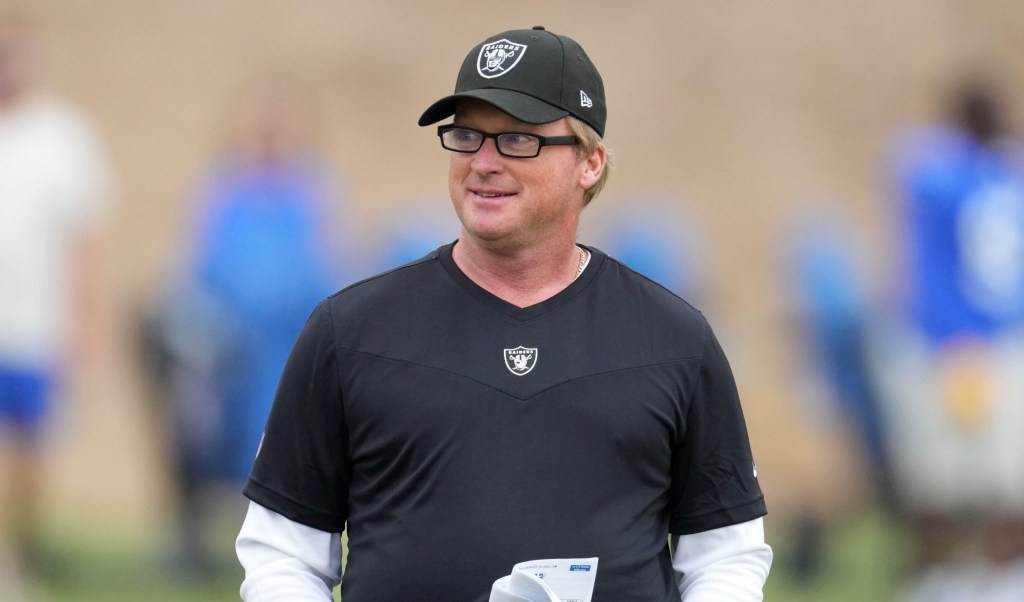Zion Williamson won a legal battle Monday over his former marketing agent, Gina Ford, who wanted $100 million from the Pelicans’ forward for breaching their contract. A federal appeals court upheld an earlier ruling that said Williamson was allowed to exit their five-year agreement—signed in 2019 while he was still at Duke— because Ford wasn’t registered as an agent in North Carolina, and failed to include a legally required clause to alert the player that he would forfeit his college eligibility by signing.
Williamson signed with Ford’s agency, Prime Sports Marketing, in April 2019, when he had already declared for the NBA draft. Those were the days before NIL, when college athletes weren’t allowed to do marketing deals. Williamson signing with an agent while still in college would’ve killed his eligibility—even though he didn’t intend to come back, going No. 1 in the draft.
“Prime concedes that Ford wasn’t registered as an agent in North Carolina, and under the Act, any agency contract between a student-athlete and an agent who fails to register in North Carolina is automatically void,” Judge Albert Diaz wrote for the 4th U.S. Circuit Court of Appeals. “Likewise, it’s undisputed that the Prime contract didn’t contain the requisite warnings. So even if the contract weren’t already void, Williamson was free to void it, which he did both via email and through counsel.”
The college sports scene has dramatically changed in the half decade since, but unregistered and unregulated agents have only become more of a problem for college athletes. In the pros, players’ unions like the NFL Players Association and National Basketball Players Association make agents undergo background checks, attend seminars, and take exams. But becoming an NIL agent doesn’t call for any kind of background check or certification by the NCAA.
Most states require registration, which means completing a short form and submitting a check (it costs $100 in New York), but agents don’t have to pass an NCAA rules test or any kind of licensing exam, and they largely fly under the radar of prosecutors. In some cases, NIL agents have even started repping high school athletes. All NCAA rules around NIL were deemed unenforceable by a federal ruling earlier this year, leaving it up to states to enact legislation, and making nationwide NIL agent certification possible only through Congress. College athletes are signing deals, but those offering to help them understand those deals aren’t subject to any oversight, leaving those athletes unprotected.
But the absence of an agent can also lead to problems. Former Florida football player Gervon Dexter signed away 15% of his pretax NFL earnings for the next quarter century to an investment firm and had to fight for it back in court.
For Williamson’s part, he signed with CAA in May 2019, a month after his initial deal with Prime.

